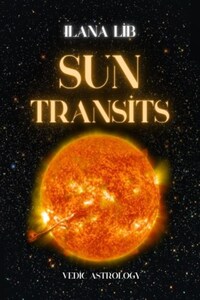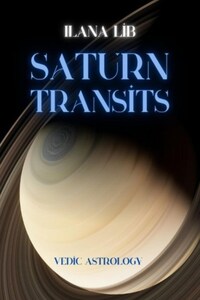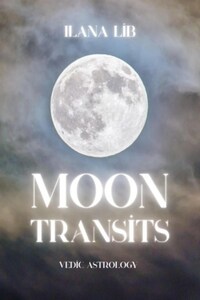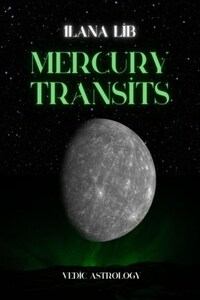Each planet has its own speed of movement through the zodiac. While some planets maintain a constant speed, others may occasionally slow down and appear to move backward (become retrograde), which reduces their speed. Jupiter, Saturn, Venus, Mars, and Mercury can go retrograde from time to time. However, the Sun and Moon are never retrograde, moving rhythmically and forming predictable cycles.
The cycle of the Sun is approximately one year, during which it traverses all the zodiac signs. The timing of the Sun’s entry into each sign is always predictable (around the middle of each month). The Sun spends about a month in each sign. In Vedic astrology, the Sun is referred to as the king. Like a true king, the Sun traverses its entire kingdom, paying equal attention to all its subjects.
Each Sun transit is logical and expected. It organizes life as it sequentially moves through all the houses of an individual’s horoscope (natal chart).
The most powerful position for the Sun is in Aries (exaltation), where it gains the most opportunities.
The Sun's own sign is Leo, where it is slightly weaker than in Aries.
The Sun’s friendly signs are Cancer, Scorpio, Sagittarius, and Pisces. Here, the Sun is not as strong as in its exalted or own sign but still functions effectively.
The neutral (average) signs for the Sun are Gemini and Virgo, which neither enhance its strength nor diminish it.
The enemy signs for the Sun are Taurus, Capricorn, and Aquarius. In these signs, the Sun loses much of its potential.
The weakest position for the Sun is in Libra (fall), where it has the least opportunities.
The placement of the Sun in the natal chart reflects a person’s radiance, ability to lead, and managerial capabilities. Additionally, the transit of the Sun, depending on the sign it occupies at a given moment, provides a person with varying degrees of independence, self-confidence, generosity, ambition, and influence. The stronger the Sun, the more pronounced these qualities. The strength of the Sun also depends on the condition of the ruler of the sign it occupies, the aspects of other planets, and the planets near the transiting Sun in the natal chart.
The Sun aspects the seventh house from itself, as illustrated in the diagram below.
The Sun has a significant influence on human life. Its movement governs yearly and daily cycles. The Sun’s transit is especially important for those in whose natal chart it is strongly positioned. The Sun moves about 1 degree of the zodiac circle per day.
Disharmonious aspects of the transiting Sun can cause bad moods, low immunity, misunderstandings of situations, and feelings of inadequacy.
The Sun’s transit aspects impact areas like work, business, health, family, love, and personal relationships. The natal chart as a whole and the Sun’s placement at the time of birth (natal Sun) are always considered, as the Sun’s influence is constant.
If the aspects of the transiting Sun are harmonious, the individual feels confident, active, goal-oriented, optimistic, healthy, and realistic about material matters. They may attract attention from superiors and others, enjoy life, and experience heightened sexual appeal.
The day the Sun transitions from one sign to another is called


















